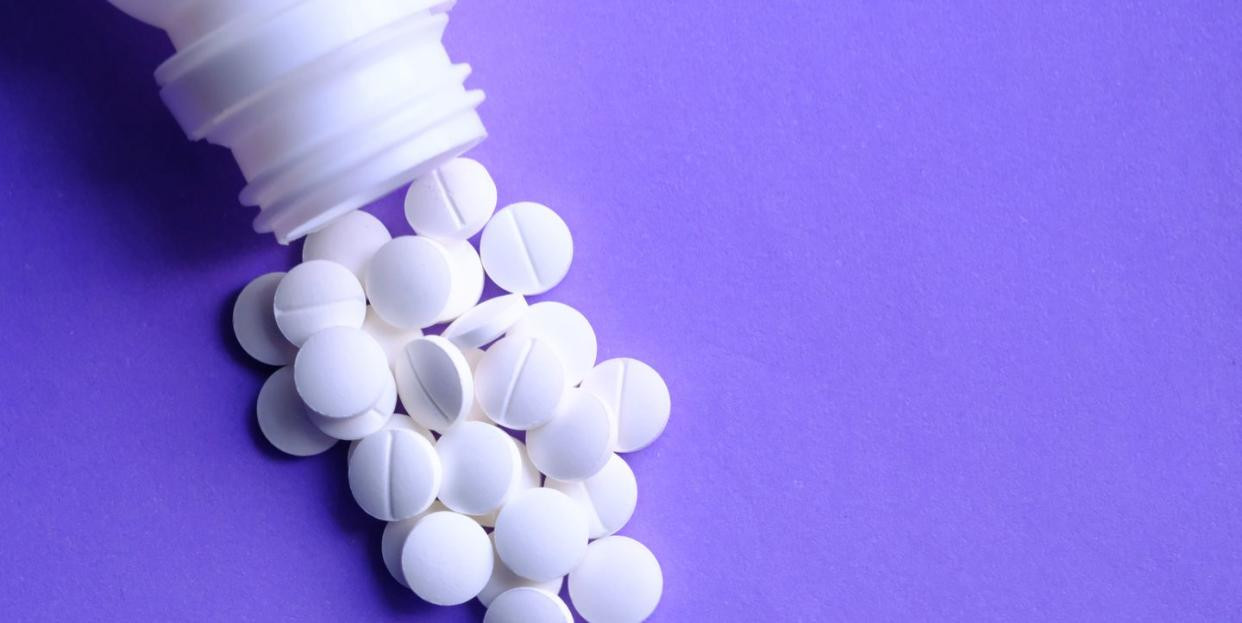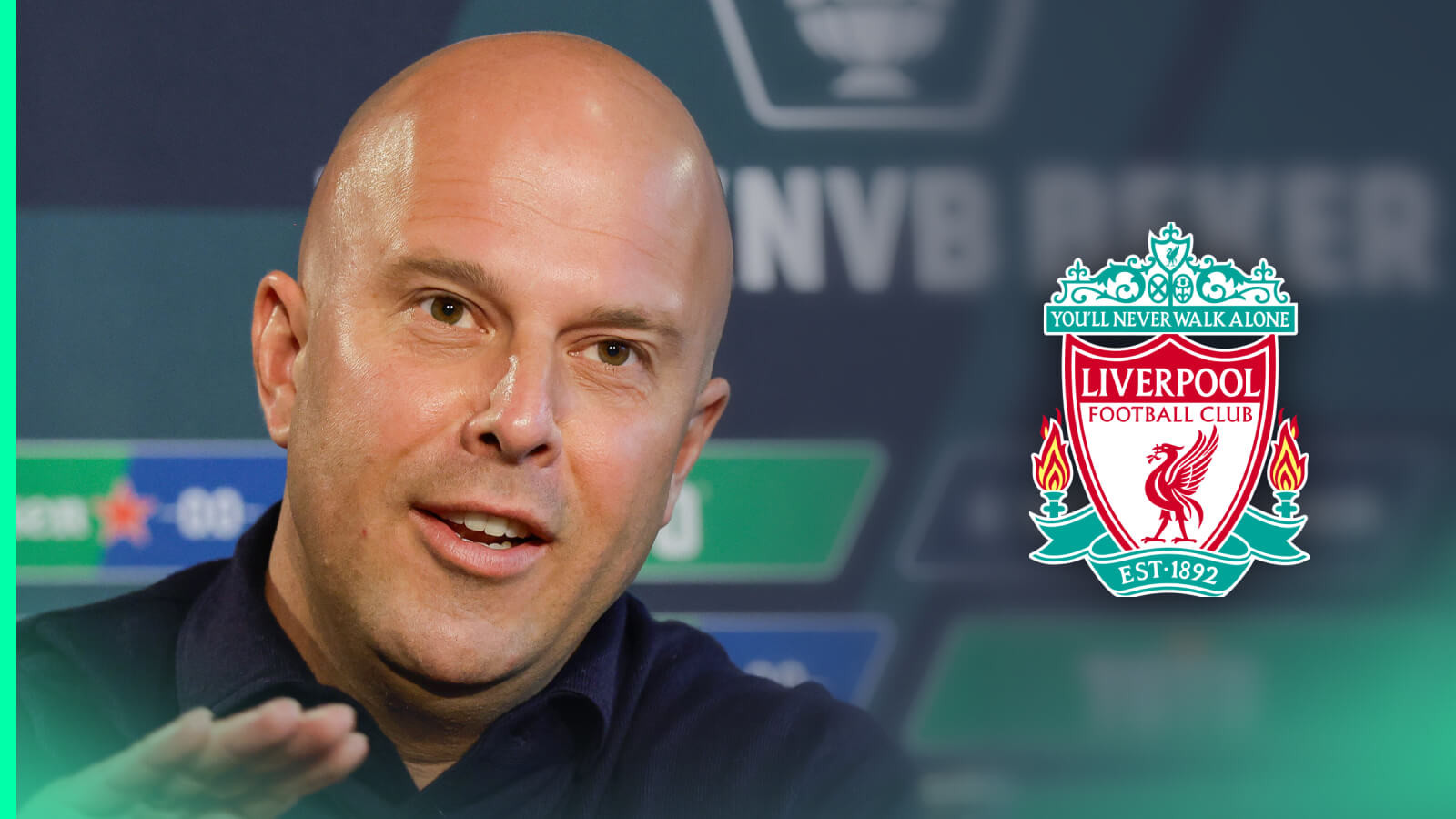A £3 pill has been hailed as the “Ozempic for drinking” after being praised for helping people cut down their alcohol consumption. The medication in question is naltrexone, which is primarily used to manage alcohol use or opioid use disorder by reducing cravings and feelings of euphoria associated with substance use disorder.
If taken an hour before consuming alcohol, the drug can have a high success rate at getting patients to drastically reduce how much alcohol they consume as it helps fight cravings. This means that while a person can still drink, the effects of alcohol are diminished, allowing the person to abstain from further consumption. In 2023, the World Health Organisation made a landmark public health decision to recognise the public health burden associated with alcohol use disorders and now recommends the medications of acamprosate and naltrexone to help with management of drinking problems.
Global Impact of Alcohol Use Disorders
The organisation states that alcohol consumption leads to 3 million global deaths per year, and contributes to poor health in millions of people. It is estimated that worldwide close to 300 million people live with alcohol use disorders, including about 150 million people with alcohol dependence. This statistic highlights the urgency for effective treatments for those struggling with alcohol addiction, which is why the emergence of naltrexone as a potential solution has sparked widespread interest.
A Journalist's Personal Experience with Naltrexone
Writing in The Telegraph, journalist Annabel Fenwick Elliott spoke about her own experience of receiving a treatment programme that involved taking naltrexone to reduce her alcohol intake. Fenwick Elliott's account offers a compelling firsthand perspective on the effectiveness of naltrexone. She details how she was initially skeptical but was ultimately astounded by the results.
“When I discovered, first through research and then from experimenting with it myself, that this pill works, in such an astoundingly simple way – like ibuprofen for headaches – I was baffled as to why it isn’t common knowledge,” she wrote.
Fenwick Elliot's experience highlights the potential of naltrexone to be a game-changer in the fight against alcohol addiction. Her straightforward comparison to ibuprofen emphasizes the drug's potential for widespread adoption and its simple, yet effective mechanism. The journalist compared it to the effects of Ozempic, the weight loss injection and diabetes medication that can stunt a person’s appetite.
“What I have found is, I believe, a bit like Ozempic but for people who drink too much, rather than those who overeat.”
A First-Hand Account of the Drug's Effects
Writing about her experience, Fenwick Elliot wrote: “An hour after I first took the pill, I poured a glass of wine and was astounded by the results. It looked like wine. It tasted like wine. It offered the same mild relaxation effect, but the euphoria didn’t kick in. I kept taking another sip, waiting for the chain reaction to fire off; the one that usually takes me to the end of the bottle, but it never did. I took a larger gulp, then half an hour later, did something I hadn’t done in as long as I can remember – I tipped the rest down the sink.”
This description vividly illustrates the impact of naltrexone on Fenwick Elliot's drinking behavior. The drug effectively eliminated the euphoric effects of alcohol without affecting its taste or appearance. This allowed her to control her intake and break the cycle of compulsive drinking. The journalist says that while she was receiving the treatment ended up “turning down” offers of alcoholic beverages when attending social events because she “genuinely didn’t feel like one”.
The Sinclair Method
The method of curbing alcohol consumption is called the Sinclair Method, which uses naltrexone as an off-switch for problem drinkers. The idea is that the drinker keeps drinking while also taking naltrexone, as developed by Dr David Sinclair, who was an expert in alcohol addiction and worked at the Finnish Foundation for Alcohol Studies.
This approach stands in contrast to traditional abstinence-based treatment models, offering individuals a more flexible and sustainable path to recovery. The Sinclair Method emphasizes reducing harmful drinking patterns rather than complete abstinence, potentially making it more appealing to individuals who struggle with traditional addiction treatment programs. The drug was first approved in 1984, but it is difficult for GPs to prescribe in the UK due to licensing issues surrounding the medication.
Availability and Accessibility of Naltrexone
The method of treatment is not offered by the NHS, but in the UK, it be accessed through a private clinic, which also offers addiction counselling. This limited availability highlights the need for increased awareness and broader accessibility of naltrexone. The drug's potential to help millions of people struggling with alcohol use disorders should prompt policy changes to ensure wider access and availability. While the treatment may be available privately, it is important to consider the financial burden this places on individuals seeking help. While it has been hailed as a potential game-changer, accessibility remains a significant barrier to its wider adoption.
The Future of Naltrexone
The growing interest in naltrexone is a testament to its potential to transform the landscape of alcohol addiction treatment. As more research emerges and awareness increases, it is likely that naltrexone will play an increasingly important role in helping individuals manage their alcohol consumption and lead healthier lives. The potential for naltrexone to be a widely adopted solution for alcohol addiction requires further research and wider accessibility to ensure it reaches those who need it the most. The drug's ability to effectively reduce cravings and break the cycle of alcohol dependence holds immense promise for individuals seeking recovery and for public health initiatives aimed at reducing the global burden of alcohol use disorders. With continued research and advocacy, naltrexone may become a vital tool in the fight against alcohol addiction and pave the way for a more compassionate and effective approach to treatment.

















